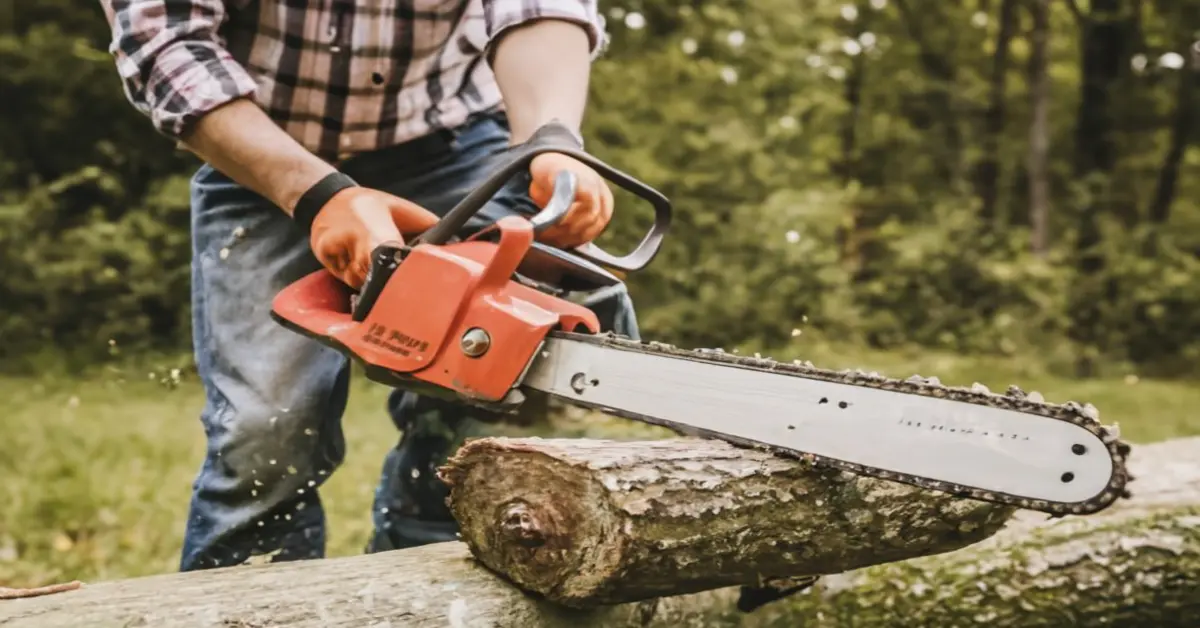Whether for land management, fire protection, or just maintenance, Bonner County chainsaw users may find great satisfaction. To guarantee compliance and safety, nevertheless, one must negotiate the local laws and rules around chain tool use. This manual will address what you need to know about Bonner Count law on using chainsaws, thus accessible for both novice and expert users.
Introduction
Strong weapons with amazing effectiveness for chopping trees and clearing ground are chainsaws. But with this authority comes responsibility. Promoting environmental stewardship and safety depends on knowing Bonner Count law on using chainsaws.
This page explores the particular rules and standards to follow so that you may legally and practically run your chainsaw.
Overview of Chainsaw Regulations in Bonner County
Permit Requirements
Certain chainsaw-related operations in Bonner County might call for a permit. This is especially true in regions designated for forest management or at certain times of year, including fire season. For instance, getting permission might be required if you want to do major land clearance or wood harvesting.
To find out if your proposed use of chainsaws calls for a permit, contact the Idaho Department of Lands or the Bonner County Planning Department. Ignoring to get the necessary licenses could result in penalties or legal issues.
Safety Guidelines
Using a chainsaw should always first concern your safety. Under Bonner Count law on using chainsaws, there are some important safety precautions:
- Protective Gear: Always use the proper safety gear—a helmet, eye goggles, earplugs, gloves, and chainsaw chaps. These objects greatly lower the damage risk.
- Equipment Maintenance: Check your chainsaw often to be sure it is in excellent running order. This covers looking at the chain’s sharpness, oil levels, and tension. A chainsaw kept properly runs more effectively and lowers the chance of mishaps.
- Safe Operation: Use the manufacturer’s directions for running your chainsaw, and keep awareness of your surroundings to prevent mishaps. If you are tired or under the effects of drugs that distort your judgment, stay away from operating a chainsaw.
Fire Restrictions and Chainsaw Use
Seasonal fire regulations in Bonner County might limit chainsaw usage during dry spells. These limitations are meant to stop wildfires, which may have terrible consequences for the local inhabitants and the surroundings. Bonner County rules on chainsaw use call for constant knowledge of these limitations.
Visit the Idaho Department of Lands website or local news sources often to be updated on present fire regulations. Use a chainsaw in high-fire risk areas particularly carefully, including:
- Keeping a fire extinguisher on hand: Always, particularly in dry weather, keep a fire extinguisher close at hand while running a chainsaw.
- Avoiding chainsaw use during the hottest parts of the day: Plan your job to prevent running chainsaws during hot waves, as this raises the chance of flames.
- Ensuring that all equipment is in good condition: Before usage, check your chainsaw to avoid sparks that can start dry grass ablaze.
Noise Ordinances
Bonner County may have local noise rules that specify when and where you may use a chainsaw. Significant noise produced by chainsaw activity might upset surrounding neighbors. Given Bonner County legislation on operating chainsaws, it is essential to review these rules to prevent any penalties or neighbor complaints.
Best Practices to Minimize Noise
- Limit Usage Hours: Use your chainsaw in daylight to reduce disruption. This behavior not only honors your neighbors but also conforms to community norms.
- Consider Alternatives: If you must work in a residential neighborhood, think about if at all feasible, utilizing quieter tools. For example, electric chainsaws may be much quieter than gas-powered versions.
Best Practices for Chainsaw Operation
Use these recommended practices in line with Bonner Count law on using chainsaws to guarantee a successful and safe operation:
- Planning: Make a thorough strategy, including the places you will be working in and the tasks you will complete before beginning your job. Knowing your workspace guarantees effective use of your time and helps minimize mishaps.
- Communication: Tell any people around about your chainsaw use to guarantee their knowledge and safety. If you operate in a crowded location specifically, this is crucial.
- Cleanup: Once your task is over, tidy the space, clear any trash, and correctly dispose of garbage. Besides being a good habit, this also conforms with local land management rules.
Conclusion
Legal and safe operation depends on knowing Bonner Count law on using chainsaws. Following best practices, sticking to safety rules, and familiarizing yourself with the regulations can help you to operate your chainsaw properly, therefore reducing dangers to the surroundings and yourself. To maximize your chainsaw experience, keep educated about local rules and resources.
Following this thorough guidance will help you to negotiate the legal terrain around chain tool usage in Bonner County, therefore guaranteeing compliance and safety. With the correct knowledge and preparation, you may boldly use your chainsaw while helping to responsibly manage the natural resources of Bonner County.
Read more blogs at VentsTopNews
